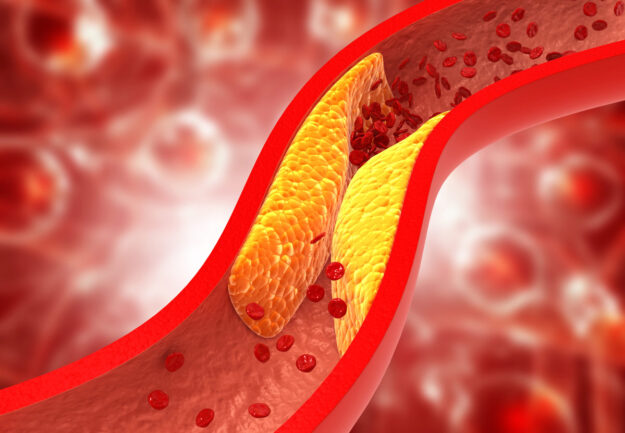The Best and Worst Foods for Acid Reflux
The Best and Worst Foods for Acid Reflux A hot burning in the chest, a bitter taste in the throat, a gassy bloating in the stomach – acid reflux is no picnic. What you eat, however, can have an impact. The best and worst foods for acid reflux could spell the difference between sweet…













